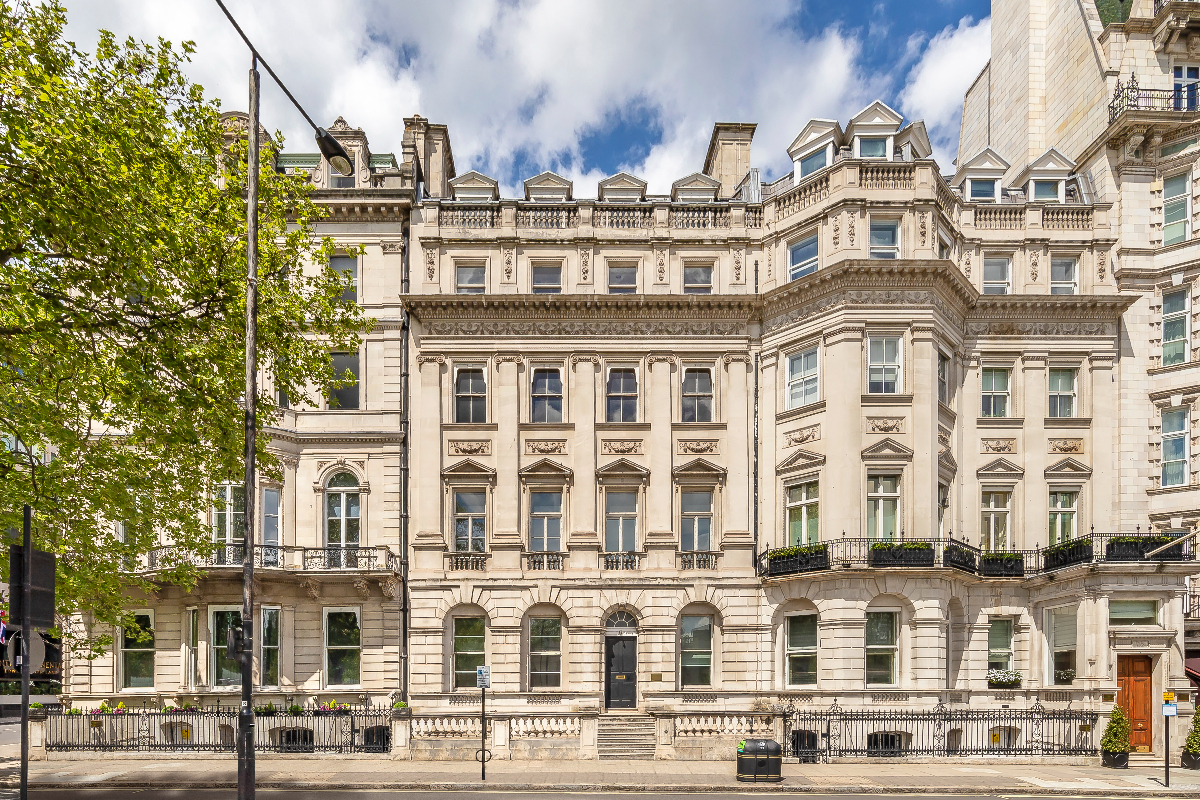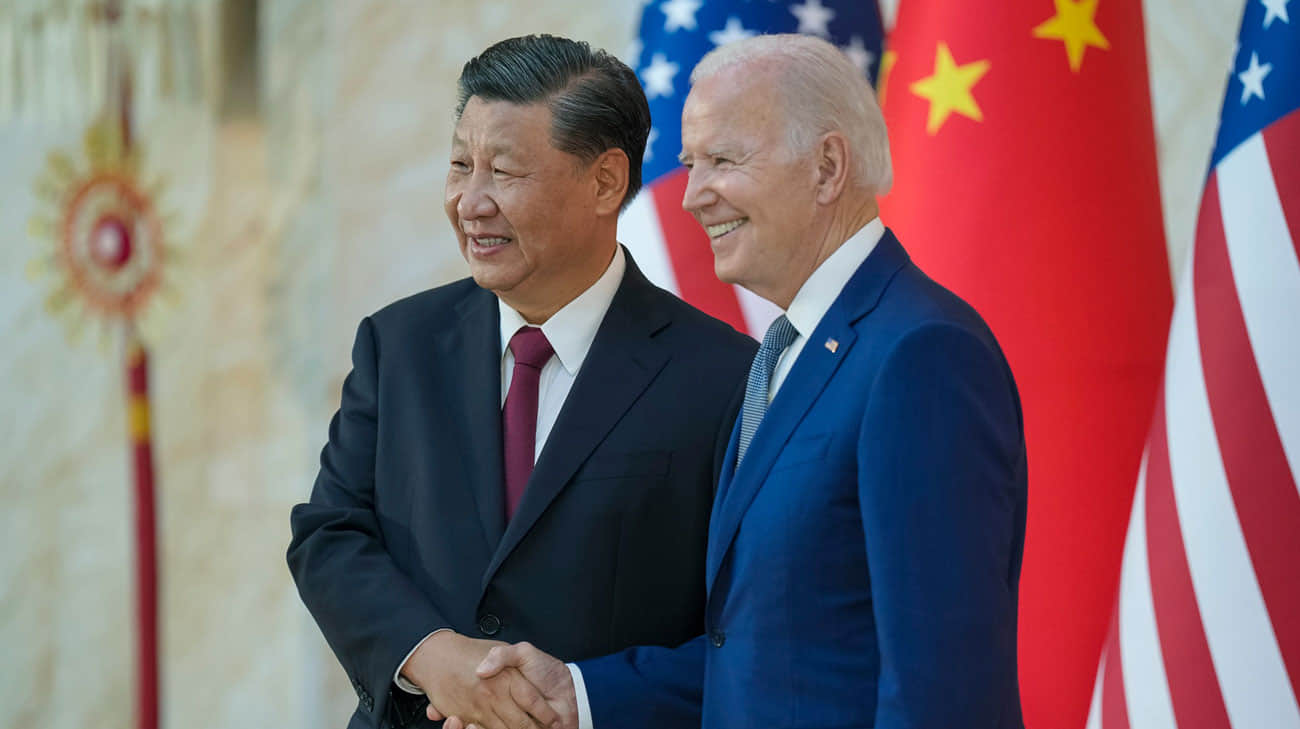Why London’s wealthiest are shelling out up to £40,000 a month to rent prime property
It might seem counter-productive to spend tens-of-thousands of pounds on something you won’t see any return on, but that’s exactly what’s happening in London’s super-prime lettings market at the moment. Properties can range from £5,000 per month to something closer to £40,000, with lettings more often than not arranged off-market. For wealthy families unsure if [...]


It might seem counter-productive to spend tens-of-thousands of pounds on something you won’t see any return on, but that’s exactly what’s happening in London’s super-prime lettings market at the moment.
Properties can range from £5,000 per month to something closer to £40,000, with lettings more often than not arranged off-market.
For wealthy families unsure if they want to relocate full-time, high-paid employees on short-term foreign contracts, and students, renting provides the flexibility that a purchase can’t give.
“The advantage of renting is [that it’s] very easy… There’s no liquidity issue,” David Lesperance, founding partner, Lesperance & Associates said. “You give notice and you’re done.”
Renting can also come with a lot of perks.
Tenants have been particularly willing to pay premium rents in “serviced apartment buildings providing 5-star hotel style amenities, and large houses set in generous gardens”, Chris Tinkler, lettings manager at Beauchamp Estates’ Mayfair office said.
The most sought after addresses in London with wealthy tenants are Chelsea, Kensington, Mayfair, Belgravia, Whitehall, Bayswater and Notting Hill, he added.
Insulation from political uncertainty
Recently, short-term renting in London’s super prime market has been boosted by uncertainty on the Government’s tax policy.
The super-prime lettings market in prime central London has been “extremely buoyant” during the first six months of 2024, director of Beauchamp Estates, Gary Hersham, said.
While the sales market has undergone a downturn year on year, the number of lettings has been broadly stable and therefore comparatively more attractive.
There has been a dramatic drop off in investment for prime central London homes.
Just £731m of deals for super prime residential homes were inked compared with £829m over the same period last year, as onlookers waited to see the policy environment over which the new Labour government is likely to preside.
This environment has pushed potential buyers towards prime tenancies, instead.
“The market has been boosted by the uncertainty generated by the UK General Election which has led some people looking to buy to decide to pause and rent instead until they have certainty about the new Labour Government’s taxation policies, awaiting the 30 October Autumn Budget,” Hersham added.
An (oddly) more economical choice?
It’s not just uncertainty and flexibility, either.
The cost of housing is eye-watering and will surely increase further, which has also turned the tide away from buying and toward renting.
Stamp duty on a £20m super-prime home is just under 12 per cent, around £2.3m – equivalent to years of renting a super-prime property.
True, those renting at the very top end of the London rental market could face stamp duty of almost £18,000 from March next year, but it’s unlikely to make as much of a difference as a bill in the millions.
Interest rates, too, plus council taxes and changes to VAT rules, have pushed and will push the cost of buying even higher.
“With interest rates where they are today, council tax increasing and upcoming taxation changes against high-net-worth individuals, it’s unsurprising that super prime renting is booming,” super prime agent Trevor Kearney, founder of The Private Office: Real Estate said.
“Taking into account the wider economic outlook too, without huge capital growth expected in the next five to ten years, it makes logical sense for people who are only going to be in London for the next two or three years to rent, rather than buy,” Kearney added.
“There’s a wider discussion to be had around the new Government attracting and retaining ultra-high net worth individuals to invest, live and work in the UK,” Kearney said. “And with Labour’s aims ingrained in growing the economy, this should be a priority.”
“While super prime London is still the place to buy and better value that other markets such as Milan where we’re seeing ultra-high net worth individuals move to, we’re likely to see the super prime rental market only gain more momentum against the backdrop of tough economic pledges,” Kearney added.



